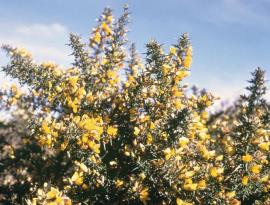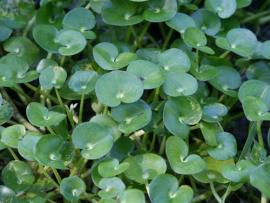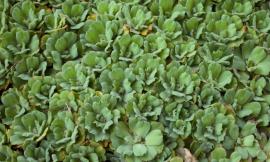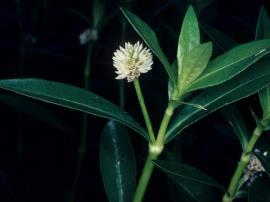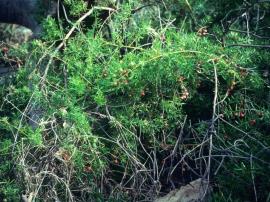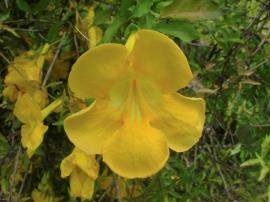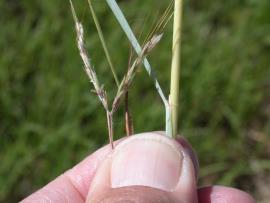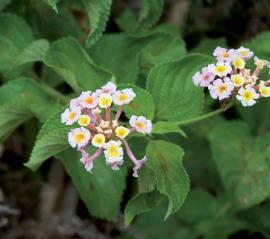Invasive and Priority Weeds
A weed is any plant growing where it doesn’t belong. Weeds can be found in a wide range of environments including pasture on farmland, bushland reserves, road verges and transport corridors, open spaces and parklands, waterbodies such as dams, creeks, and rivers, as well as on commercial and residential properties.
There are several categories of weeds such as widespread weeds, agricultural weeds, environmental weeds, and priority weeds. All weeds have the potential to:
-
Compete with native plants for nutrients, sunlight, water and space, and damage ecosystems;
-
Damage crops and infrastructure;
-
Attract pest animals;
-
Restrict recreation and other activities;
-
Impact the economy through reduced agricultural yields and impacts on tourism;
-
Lower the value of property and assets; and
-
Have adverse health effects on people and animals.
Weed monitoring and control is an important part of protecting our environment and agricultural activities.
Camden Councils Biosecurity Officers are authorised and operating under the Biosecurity Act 2015 and the Biosecurity Regulation 2017 as the local control authorities for weed management within their local government area (LGA). As a local control authority Camden Council: Inspects private land and high risk locations for priority weeds to help ensure that property owners are aware of and carrying out their obligations to manage biosecurity risks and control Priority Weeds. Inspects public land and develops and implements programs to control priority weeds on Council owned and managed lands. Engages with the community to raise awareness and understanding of priority weeds and best practice management. The Biosecurity Act identifies the plants that pose the biggest threats, and these are known as state priority weeds. There are restrictions on the trade and movement of these plants, along with requirements for their control and management. Camden Council is a member of the Greater Sydney Regional Weeds Committee, which has developed the Greater Sydney Regional Strategic Weed Management Plan to outline how we can all work together to identify, minimise, respond to, and manage weeds. The plan sets the vision and goals for weed management across Greater Sydney and identifies regional priority weeds. All landholders have a general biosecurity duty, which means all people who deal with plants through their commercial, professional, volunteer, recreational or lifestyle activities – including owning or managing property - have a duty to be aware of the impacts the plants they deal with may cause. There are some great mobile application resources available to assist with identifying weed species, including: Please report any sightings of priority weeds to Council’s Biosecurity Officer on 13 22 36 or email mail@camden.nsw.gov.au. To assist with a quick response please include a detailed description of the location of the plant, and photographs showing a close up of leaves, flowers and fruit, as well as a photograph of the entire plant. Please be prepared to leave your contact details such as phone number and email address. To see our current biosecurity alerts:
Council as a Local Control Authority for Biosecurity Matters
Priority Weeds
Weed Management on Private Land
Report Priority Weeds
Biosecurity Alerts
Priority Weeds in Camden
You can find out more about these weeds and many others on NSW WeedWise






